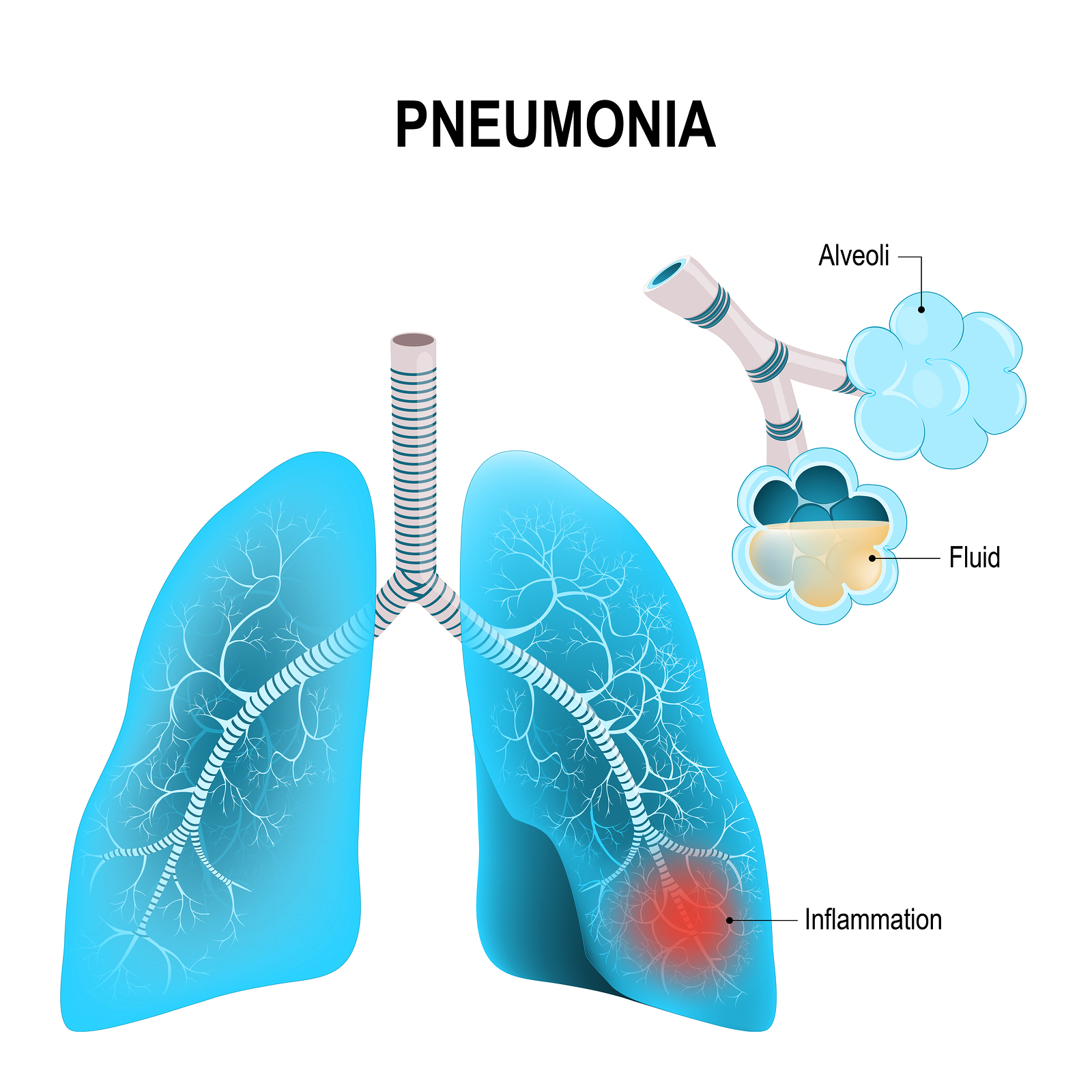
Community-acquired pneumonia is a leading worldwide cause of hospital admissions and healthcare resource consumption. The largest proportion of hospitalisations now occurs in older patients, with high rates of multimorbidity and complex care needs. In Australia, this population is usually managed by hospital inpatient general internal medicine units. Adherence to consensus best-practice guidelines is poor. Ensuring evidence-based care and reducing length of stay may improve patient outcomes and reduce organisational costs. This study aims to evaluate an alternative model of care designed to improve adherence to four Level 1 or 2 evidence-supported interventions (routine corticosteroids, early switch to oral antibiotics, early mobilisation and routine malnutrition screening).
The IMPROVing Evidence-based treatment Gaps and outcomes in community-Acquired Pneumonia (IMPROVE-GAP) trial is a pragmatic, investigator-initiated, stepped-wedge randomised trial. Patients hospitalised under a general internal medicine unit who meet a standard case definition for community-acquired pneumonia will be included. Eight general internal medicine units at two Australian hospitals in a single health service will be randomised using concealed allocation to: (i) usual medical, nursing and allied health care delivered according to existing organisational practice or (ii) care supported by a dedicated “community-acquired pneumonia service”: a multidisciplinary team deploying algorithm-based implementation of a bundle of the four evidence-based interventions. The primary outcome measure will be length of hospital stay. Secondary outcome measures include inpatient mortality, 30 and 90 day readmission rates and mortality and health-service utilisation costs. Protocol adherence will be measured and reported, and serious adverse events (rates of hyperglycaemia requiring new insulin; falls during mobilisation) will be collected and reported.
IMPROVE-GAP represents an important and unique precedent for testing a new service-delivery model for improving compliance with a number of evidence-based interventions. Its stepped-wedge randomised controlled trial design provides a means to address some significant ethical, organisational and other methodological challenges to evaluating the effectiveness of health-service interventions in complex hospital populations. The new service-delivery model will effectively be fully implemented by trial completion, facilitating rapid, seamless translation into practice should care outcomes be superior. This trial is currently recruiting.
No comments:
Post a Comment